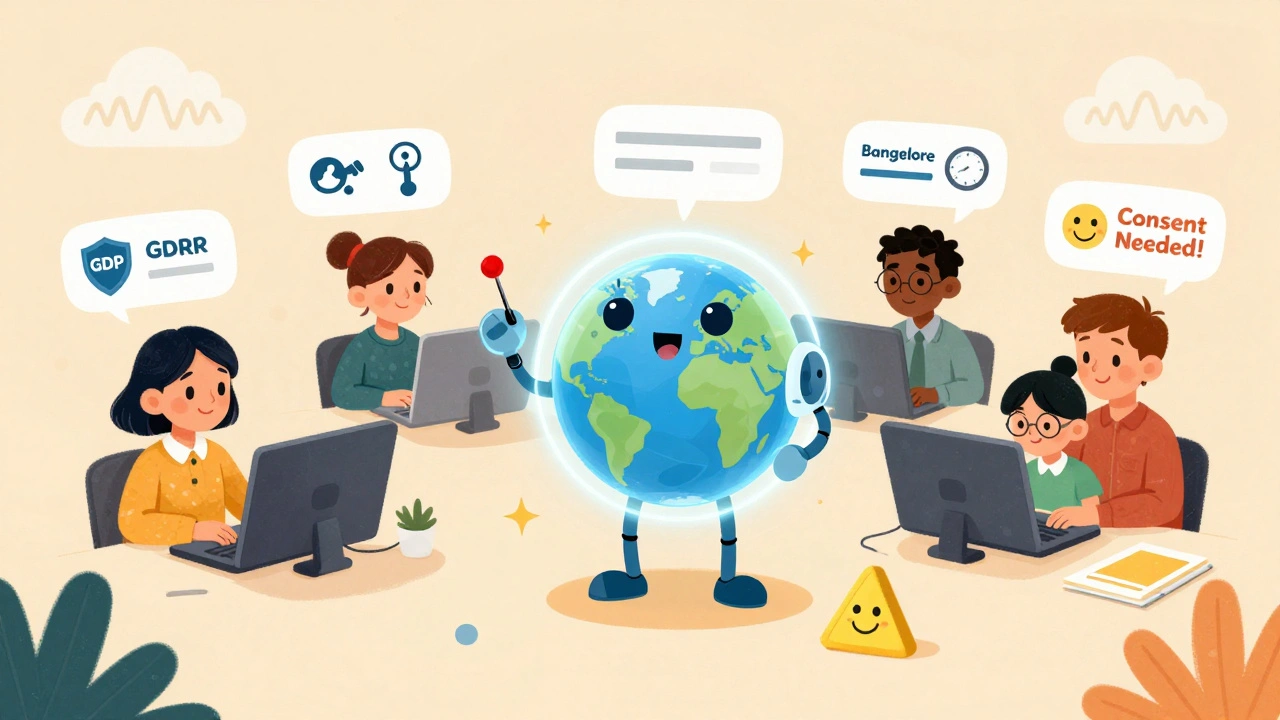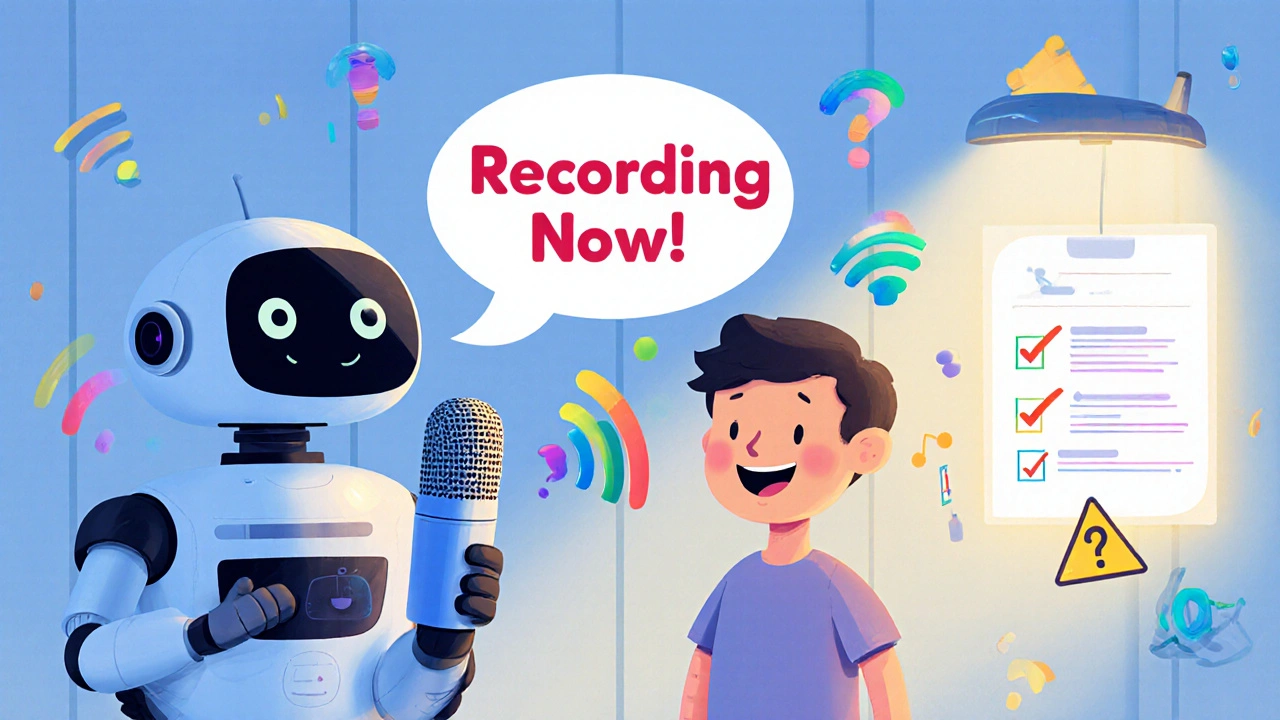VoIP Call Recording: How to Record, Store, and Use Call Audio for Better Service
When you make a call over the internet, Voice over IP, a technology that turns your voice into digital data sent over the internet. Also known as VoIP, it’s what powers modern business phones, remote teams, and cheap international calls. One of its most practical features is VoIP call recording, the ability to save audio from phone calls for later review, training, or compliance. It’s not just for call centers—it’s used by sales teams to track conversations, lawyers to document client advice, and even small businesses to resolve disputes.
Recording calls isn’t just about saving audio. It’s about turning those recordings into something useful. Call recording software, tools built into VoIP platforms that capture, store, and organize call audio. These tools often tag recordings by caller ID, date, or agent, making them searchable. Some even link recordings to CRM entries, so you can pull up a customer’s entire history with one click. But here’s the catch: recording calls without consent can break laws. In many places, you need to tell the other person you’re recording. That’s where call compliance, the legal and ethical rules around recording conversations. comes in. Ignoring it can cost you fines, lawsuits, or worse.
Storage matters too. Recording every call for months eats up bandwidth and space. Smart users don’t record everything—they set rules. Record only outbound sales calls. Keep support calls for 30 days. Archive long-term recordings to the cloud. And always encrypt them. Audio storage VoIP, how recorded call data is saved, protected, and accessed. isn’t just a tech detail—it’s a risk management decision. If your system gets hacked and call recordings leak, you’re not just losing data—you’re losing trust.
What do you do with the recordings after they’re saved? That’s where call analytics, the process of analyzing recorded calls to spot trends, improve performance, and reduce errors. steps in. You can find out which sales scripts work best, which agents need coaching, or even what phrases trigger angry customers. Some systems use AI to scan for keywords like "refund," "complaint," or "cancel," then flag those calls automatically. You don’t need fancy AI to start—you just need to listen. Pick five random recordings. Ask: Did the agent solve the problem? Did they sound rushed? Did the customer hang up frustrated? Those answers tell you more than any dashboard ever could.
You’ll find posts here that show you exactly how to set up recording on your VoIP system, which platforms handle compliance right out of the box, and how to avoid the hidden costs of storing hundreds of hours of audio. Whether you’re running a team of five or five hundred, recording calls isn’t about spying—it’s about getting better. And the best part? You don’t need to be a tech expert to start.

